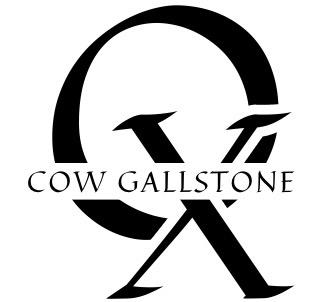Latest Blog Updates
Diet for cow gallstones
Gallstones in cows, also known as biliary calculi, can cause significant health issues and economic losses for dairy farmers. While there’s no definitive diet to completely eliminate the risk, a well-balanced and carefully managed feeding regimen can significantly reduce the likelihood of stone formation.
Understanding Gallstones in Cows
Gallstones are hard, pebble-like substances that form in the gallbladder. They’re primarily composed of cholesterol, bile pigments, and calcium salts. When these substances accumulate and crystallize, they can form stones of varying sizes.
Dietary Factors Contributing to Gallstone Formation in Cow.
Several dietary factors can predispose cows to gallstone formation:
* High-Fat Diets: Diets rich in fat, especially saturated and unsaturated fats, can increase the risk of gallstone formation.
* Imbalances in Nutrient Intake: Inadequate intake of certain nutrients, such as fibber and specific minerals, can disrupt the balance of bile acids and cholesterol, leading to stone formation.
* Rapid Dietary Changes: Sudden changes in the diet can stress the digestive system and increase the risk of gallstone formation.
Dietary Strategies to Prevent Gallstones
Here are some dietary strategies to reduce the risk of gallstone formation in cows:
Balanced Diets
* Adequate Fibre Intake: A diet rich in fibber, such as hay and silage, can help regulate digestion and reduce the risk of gallstones.
* Optimal Protein Levels: Ensure that protein levels in the diet are appropriate to avoid excessive bile acid production.
* Mineral Balance: Pay attention to the mineral balance in the diet, especially calcium and phosphorus. Imbalances can contribute to stone formation.
Fat Management
* Limit Fat Intake: Reduce the amount of fat in the diet, particularly saturated and unsaturated fats.
* Choose High-Quality Fats: If you must include fat in the diet, opt for high-quality fats from sources like fish oil or flaxseed oil.
Grazing Management
* Consistent Grazing: Maintain a consistent grazing schedule to avoid sudden dietary changes.
* Pasture Quality: Ensure that pastures provide a balanced diet and adequate fibber.
Water Intake
* Adequate Water Supply: Provide clean, fresh water to encourage adequate fluid intake, which can help dilute bile and reduce the risk of stone formation.
Supplements
In some cases, dietary supplements may be beneficial in preventing gallstones. Consult with a veterinarian to determine if supplements like bile acids or specific vitamins and minerals are appropriate for your Cows.
Monitoring and Prevention
Regular monitoring of your Cows health can help identify potential issues early on. Consider the following:
* Routine Veterinary Check-ups: Regular veterinary examinations can help detect any signs of gallstone disease.
* Cow Examinations: Cow exams can provide insights into digestive health and identify potential issues in the cow .
* Ultrasound: Ultrasound examinations can be used to diagnose gallstones and monitor the health of the gallbladder found in the cow.
By implementing these dietary strategies and monitoring your herd’s health, you can significantly reduce the risk of gallstone formation and improve the overall well-being of your cows.
